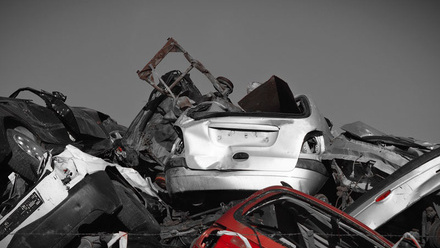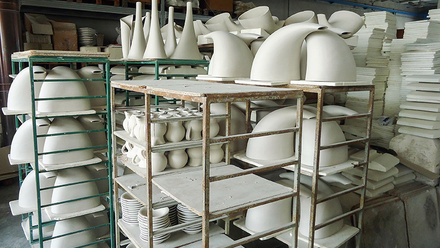Research claims LCA disadvantages bio-based materials
The BB-REG-NET network examines the 'challenges' in comparing bio-based and fossil-based products using Life Cycle Assessment (LCA).

The study suggests LCA standards contain 'built-in biases' that favour fossil-based materials over bio-based alternatives, which the group says is ‘potentially undermining the UK's £220bln bioeconomy and net-zero commitments’.
The research claims, ‘Critical flaws in environmental assessment standards are systematically blocking the UK's transition to sustainable materials.’
The Environmental Working Group believes this disadvantage will hamper adoption of EN18027:2025.
The study puts forward three ways current standards 'disadvantage' sustainable materials:
- Biogenic carbon bias - standards fail to properly distinguish between biogenic and fossil carbon in their assessments.
- End-of-life discrimination - this emerges as the 'largest barrier' to fair comparison. Materials specifically designed for composting and biodegradation – key circular economy pathways – are forced into assessment frameworks built for incineration and landfill.
- Methodological inconsistency - critical assessment parameters – such as time horizons for carbon accounting, system boundaries and allocation methods – are left to practitioner discretion.
The research, Standardised, but Unfair? Challenges in comparing bio-based and fossil-based products using Life Cycle Assessment, assessed 14 international standards and claims that existing frameworks systematically penalise materials designed for composting, biodegradation and carbon sequestration.
The group says, ‘For British companies developing sustainable materials, this creates a challenging situation where innovative products designed to reduce environmental impact can appear worse than fossil-based alternatives purely due to assessment methodology, not actual environmental performance.’
Adding, ‘With 56 of the UK's 606 government departments involved in bioeconomy regulation, often working with conflicting priorities, the lack of standardised assessment methods is creating regulatory chaos that favours incumbent fossil-based industries over innovative sustainable alternatives.’
Dr Jen Vanderhoven, COO of the Bio-based and Biodegradable Industries Association (BBIA) and project lead for BB-REG-NET, asserts, ‘Immediate standards reform is critical to unlock the UK's bioeconomy potential and maintain international competitiveness. The current situation where identical products can appear drastically different environmentally depending on which assessment method is used is undermining investor confidence and preventing sustainable innovations from reaching their full market potential.’





